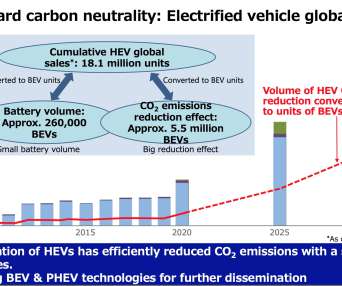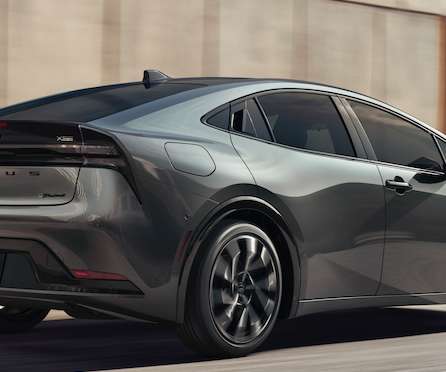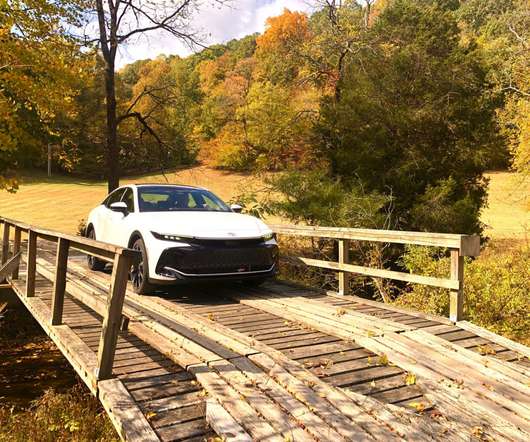Toyota will invest $14.3B in development of a battery supply system and research and development by 2030
Green Car Congress
SEPTEMBER 8, 2021
Because Toyota can provide HEVs at a comparatively affordable price, in places where the use of renewable energy is to become widespread going forward, electrification using HEVs is among the effective ways of reducing CO 2 emissions, he said. More specifically, Toyota’s cumulative sales of HEVs have now reached as many as 18.1 million units.

























Let's personalize your content